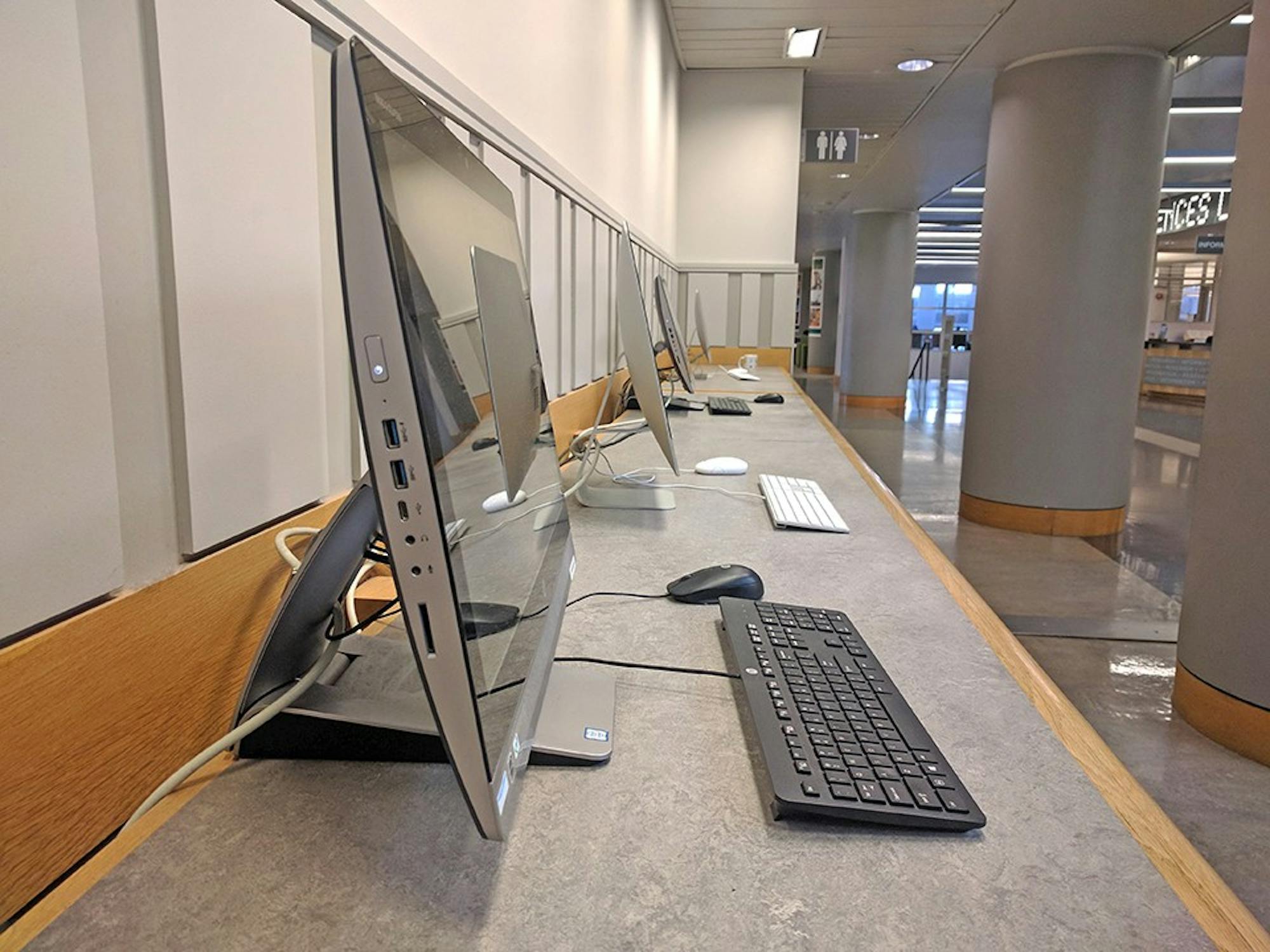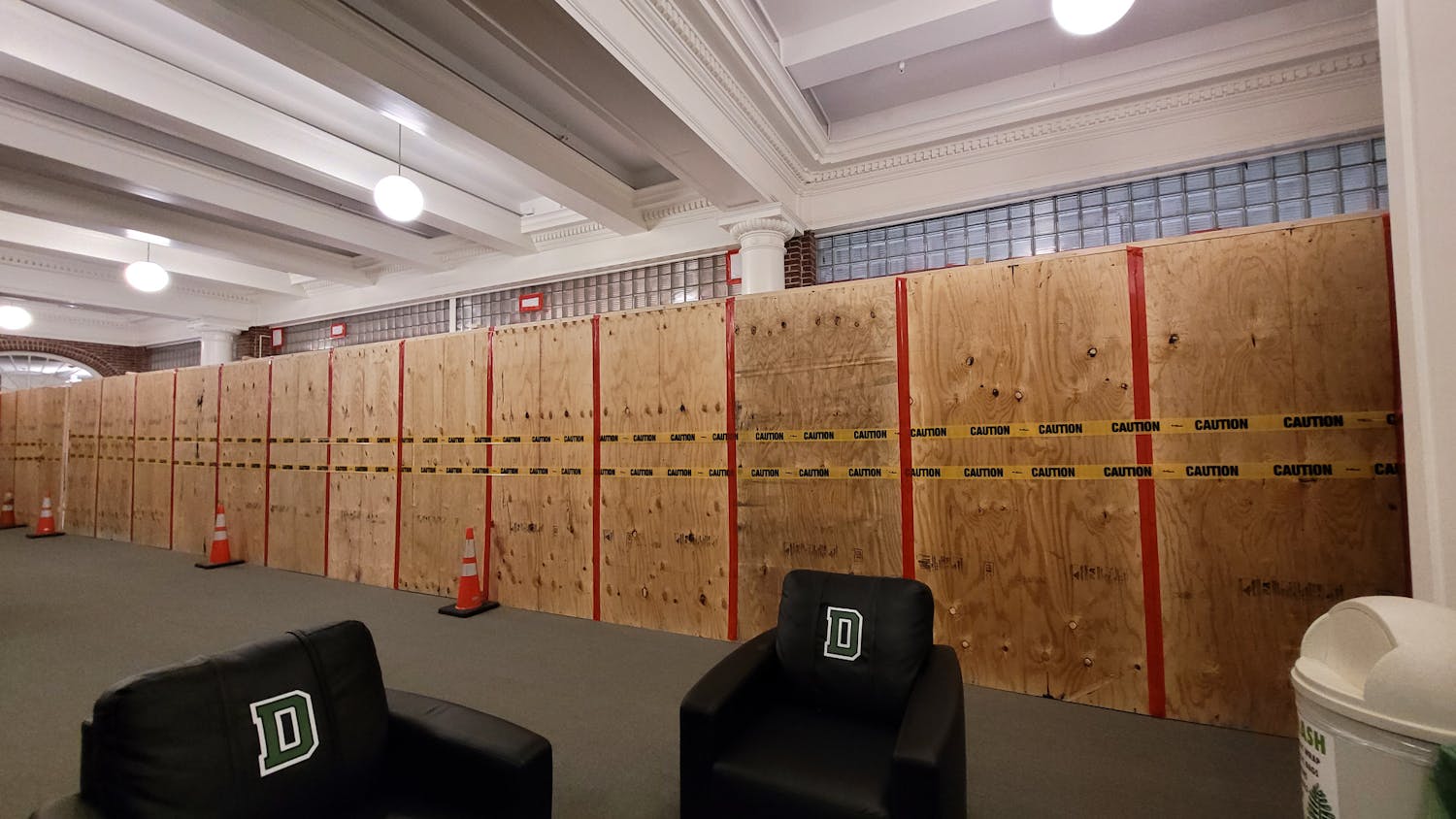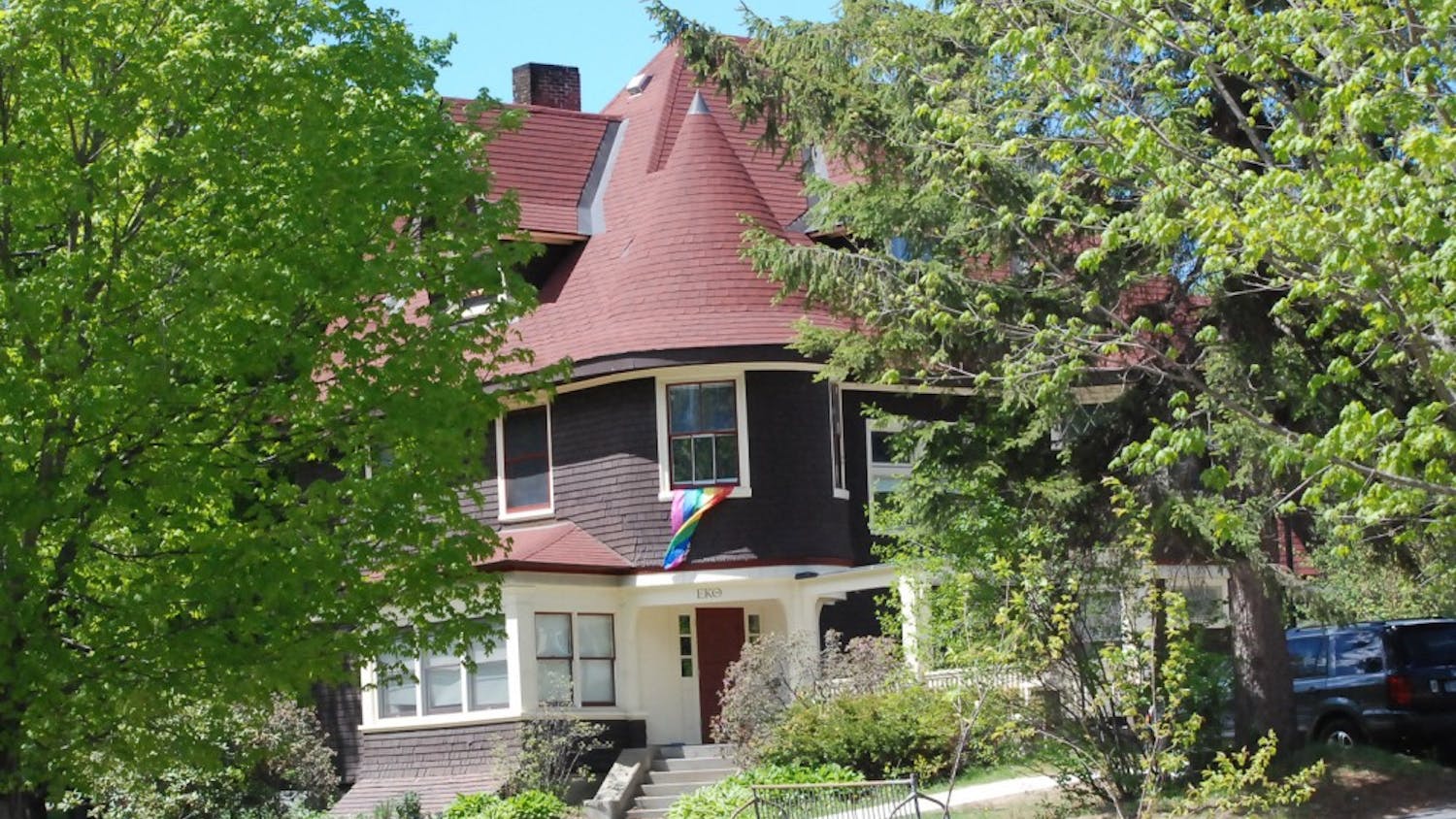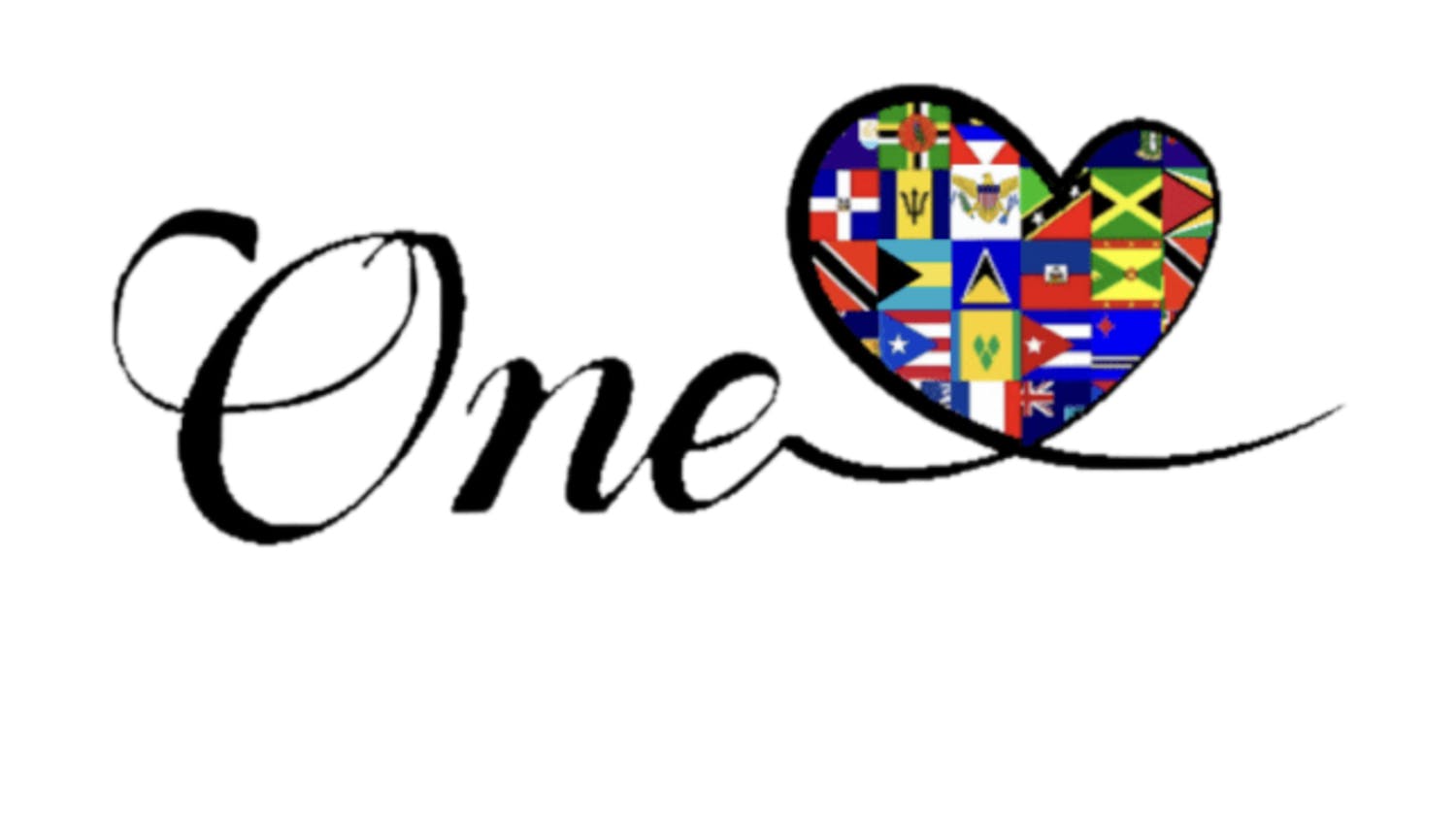Ensuring that our personal belongings are safe and secure seems to be a habitual process. We lock the doors to our dorms before going out for the night, secure our bikes to a rack before heading into class and enable a passcode on our phones before using it so often that these actions don’t seem to require a second thought or a valid reason explaining why we do them — we just do. However, how does this seemingly unconscious effort toward security translate into the things we do online? As the world is becoming increasingly connected, it is critical that we, in turn, become increasingly aware of how our information is being stored and portrayed to the online realm. From an individual to the corporate level, online privacy affects us all, so at its core, which possession should really be safeguarded more: a print article that lasts a few years or a web post that will last forever?
Since 2015, internet users have secured the privilege to have free and equal access to websites and applications without hindrances from any internet service provider, creating an “open internet.” This regulatory framework is known as net neutrality. Recently, however, the Federal Communications Commission has proposed to reverse these rules, which will possibly create a way in which ISPs, as gatekeepers, can control what we can and cannot access online. If implemented, this will especially hurt small businesses, as they simply do not have the same financial resources as larger, dominating companies do to compensate for potential cutbacks in speed and data allocation.
From a corporate perspective, this can really dissuade any new innovators, who are arguably the most vital for any future growth and development, from exploring the field. This is an act that can very well prevent the networked world from prospering.
“It just makes no sense for an economy in which an increasingly larger proportion of net new jobs are being created by entrepreneurial companies and the encouragement of new business formations to give priority on the information networks to bigger companies,” said government professor Bernard Avishai, who is teaching Government 30.03, “Political Economy in the Age of Google,” this term. “It’s hard enough to create an equal playing field between big technology companies and new technology innovators. Why should we make the playing field that much more difficult by giving the opportunity for big companies to go at 100 miles per hour and small companies to go at 25?”
As the online relationship between companies constantly change and develop, governments have to consequently keep up with the various manners of facilitating online growth and the ultimate goal of providing for the people, be it in terms of public security, information exchange or encryption advancement.
Besides the move to change net neutrality, Congress has enacted a new law that nullifies the FCC rules that would have restricted ISPs from otherwise profiting from our online usage, which may have wide implications on security and privacy on the Internet.
“Since so much capital is intellectual capital, what we mean by roads and bridges also changes,” Avishai said. “The question of what governments do to facilitate the exchange of information — that’s more important than what they do to facilitate the exchange of trucks. All of these together really make for a kind of revolutionary time. Governments are going through a revolution.”
On a more individual level, as students, our lives seem to be dominated by internet use, from Canvas to Blitz to Google. Since it is such an integral component of our daily lives, we don’t really think twice before going online. It can be argued that social media has exacerbated this approach, as many people utilize and perceive it as an essential means to remain “in the loop.”
When we post videos to Facebook or send our daily “snap streak” picture on Snapchat, we, as users, often are oblivious to what is occurring behind the scenes to make these actions possible and who exactly is viewing what we send out. Sure, one has the option of making his or her online profiles “private,” but how much privacy does this simple act actually guarantee?
“The closest we have to a right to privacy is [former Supreme Court] Justice [Louis] Brandeis’ notion of the right to be left alone,” said computer science professor Charles Palmer, who teaches Computer Science 55, “Security and Privacy.” “Still, it is not a specific right, so in this country, it’s really more about the perception of privacy rights.”
We may sense that our accounts are safe, but confirming unmitigated privacy requires far more than the mere selection of a check box. Thus, most users do not go to the extreme extents necessary to certify that everything they share is secured.
“The idea of privacy may still be a cherished idea, but if you really want to be private, you almost have to be a media hermit,” Avishai said. “You have to disconnect. If you want to be part of the connected world, you can’t help but expose yourself in ways that were unimaginable 25 years ago.”
Palmer argues that social media has adversely impacted privacy because people are willing to share more than they have before, and believes that, above anything else, our increased social media use is creating a decay in the development of true interpersonal skills.
From a student’s perspective, computer science major Jessie Anderson ’18 believes that users of social media platforms accept this loss of privacy as a risk of staying connected. She perceived it more as a trade-off between that supposed loss and a prospective gain, such as advantageous virality and increased responsiveness.
“In general, the ease of sharing has broken down our privacy barriers and broadened our sense of what is appropriate to share with the world, and this goes hand in hand with a lack of awareness about what hitting the share button really entails,” she said.
It is safe to say that making sure our belongings are safe in the online sphere is not as simple as turning a key in a lock. However, the fear of encroachment should not dissuade us as a generation from the unbounded potential that the internet can provide us with. The benefits we reap from putting ourselves out there as users, such as smarter browsers, better search algorithms, more efficient spam filters, combined with the proficient sense of understanding of how things work that can be gained from being vulnerable online, might help us transform this loss of privacy into an overall enhancement of the world.




